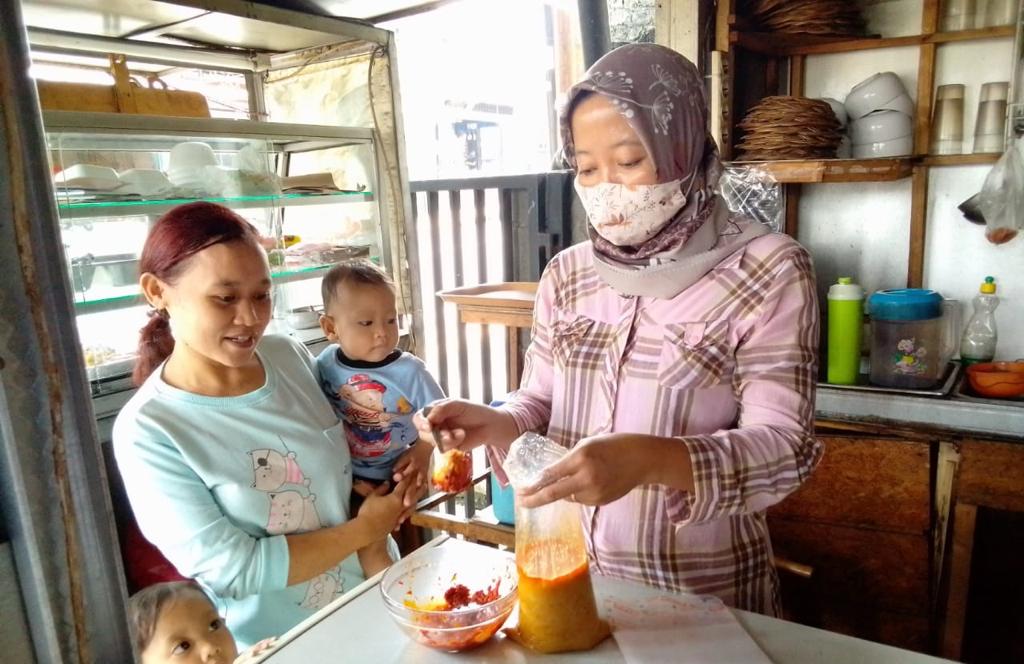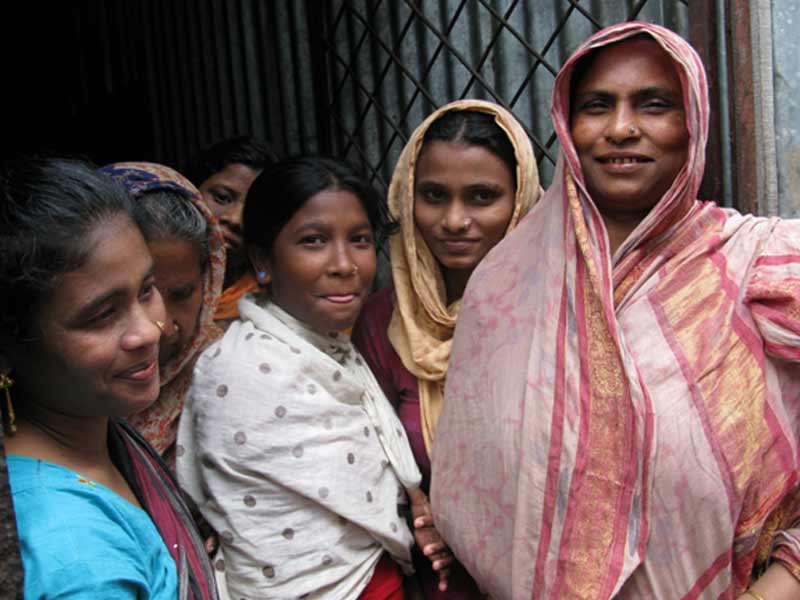This technical assistance project for Sequa aimed to build evidence of the impact a nutrition-sensitive intervention in the workplace had on women’s and children’s nutritional status. It was also aimed at improving and expanding the scope of the Social and Behavior Change Communication’ strategy.
We supported a series of knowledge building products, including:
Component 1 – we built evidence and reviewed “the effectiveness of workplace-based nutrition-specific or -sensitive interventions in improving the nutritional outcomes of women and their offspring in low- and middle-income countries”. The aim was to assess the impact of workplace-based nutrition-specific or -sensitive interventions on nutritional outcomes amongst women and their offspring in low- and middle-income countries (LMICs).
Component 2 – with our research, we aimed to evaluate the impact of a nutrition-sensitive intervention (i.e. cash transfer combined with a targeted social and behaviour change (SBCC) component) on food and nutrition security amongst a sample of female garment workers and their offspring living in Myanmar.
Component 3 – our Enhanced Social Behavior Communication Strategy aimed to assess the barriers and enablers that impact the women’s ability to adopt and sustain behaviours that lead to improved nutritional outcomes for themselves and their children. We also aimed to design and implement a revamped nutrition SBCC intervention tailored to address women’s gaps in nutrition knowledge, attitudes and practices based on research findings which will facilitate the adoption of key health and nutrition-related behaviours.
If you would like to know more, simply contact the Dikoda team to share the relevant outputs.











